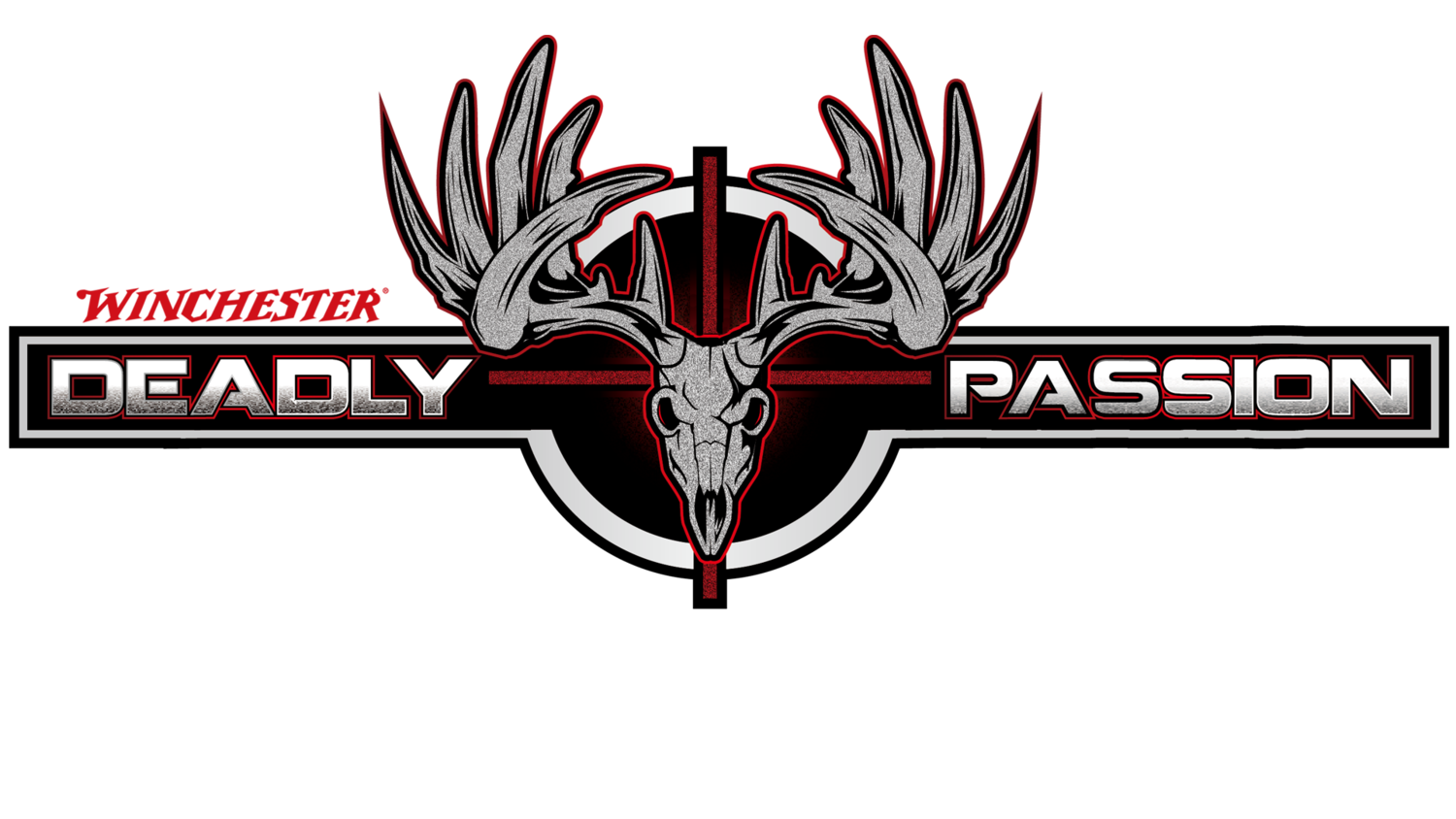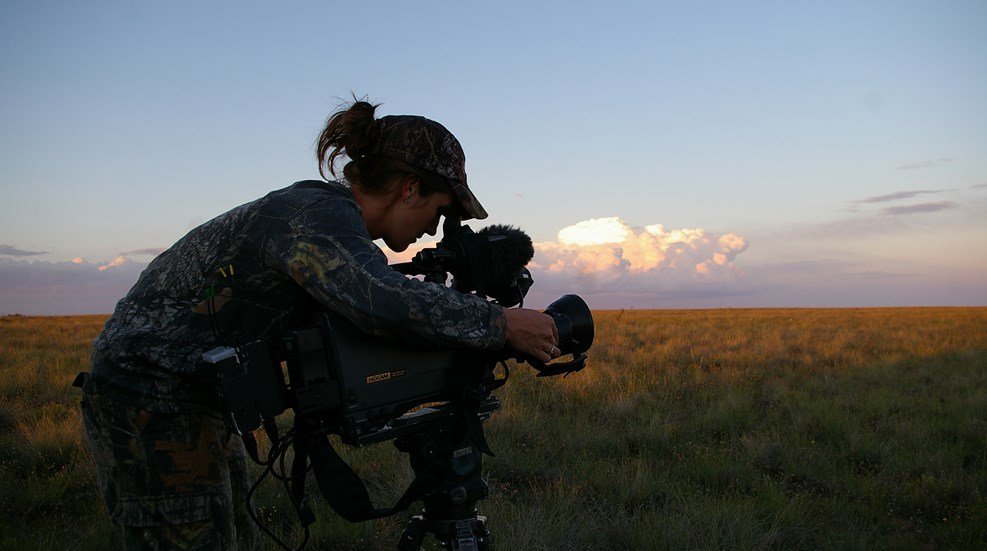how to make a career from your passion for hunting
11 tips for making it in the outdoor industry.
Do you love to hunt and want to turn it into a living? Many people have this dream and the hunting industry is full of so many passionate people. While this is a positive for hunting as a sport, it makes it that much more difficult to stand out. There will always be someone who loves it just as much as you do or is better than you, so don’t rely on just your passion or skill to achieve success.
My goal is to never let anyone outwork me. I’ve always been a firm believer that although there will always be better hunters out there, I can control how hard I work. While some things have changed since I started, these basic principles still apply. While my specialty is hunting television, this advice will benefit any hunter looking to create their personal brand.
1. Always be authentic. People can see right through someone who’s fake or not real. Everyone is unique so think long term and don’t try to portray yourself as something you’re not. This will pay dividends in the future and generate a solid following.
2. Create quality content. Almost every company out there is looking for quality content. If you can provide this and offer it up at no cost, it is a way to get noticed. The key here is creating content that is beneficial to them. And don’t ask to be paid at the very beginning.
3. Get paid for your impact on sales. Instead of asking what a company will give you, find ways to assist and move the needle. There are websites that will give you a personalized link designed to give you a commission on a wide variety of products. If you have a large following or can help sell product, this is a perfect way to start. Avantlink is a site that does this and they work with a ton of different companies. Only pick your favorite brands that you really believe in to keep your authenticity. This is a great way to start without ever asking a company for money. You produce results and receive a check.
4. Take the initiative. Look over your favorite companies’ social media pages and see if there is content you can provide that they don’t have. Don’t tell companies what you can do; show them what you’ve done.
5. Buy quality gear. When it comes to filming, always try to buy the best gear you can afford. I started with a small camera that had decent audio and a GoPro. The point of view camera is to capture your true expressions as a hunt unfolds. Try to capture everything in the field as it happens. There are numerous small cameras out there, but my favorite that I still use as a backup is the Sony FDR AX100. Anyone can use it and it picks up decent audio. This particular Sony is also durable; I often toss mine in a backpack under rough conditions. You can find this camera used for around $700 or less if you look around. Now, many cell phones film amazingly but remember to hold it sideways and not vertically if you plan on posting to YouTube. Cell phone footage is certainly good enough for YouTube but using a real camera will give you much better zoom quality.
6. Write articles and blogs. Again, content is king. Write articles about your experiences and always take quality photos to ensure you can really pull someone into the experience. Once your articles are written, offer them to different companies and publications until you can get your foot in the door. Another option is to start your own blog or website where you can showcase your work.
7. Create seminars for local shows or stores. Many conventions and businesses look for local speakers or seminar leaders. Again, if you don’t have experience, the key is to offer your services for free to get started. Once you have experience you can look at this as a way to make money, but in the beginning focus on bettering your skills and learn from others. Watch how others do on stage and take notes on what you enjoyed and see how you can incorporate something similar into your presentation, without copying them.
8. Trade your work for hunts. One of the hardest parts of profiting off your hunting passion can be lining up hunts so that you can get enough content. In terms of TV shows, if you run for two quarters you usually need around 13 episodes. I run my show year-round so I need 26 completed episodes each year. The first three years I did two quarters just to get things started and then jumped to year-round. I highly suggest finding good places to hunt and seeing if the lodge or outfitter needs promotional videos that you could trade for the hunt.
9. Work for an already successful hunter. I learned a ton by being in the field with people who were already established hunters. There are a lot of people out there willing to train a cameraman or editor if you have the drive and work ethic. It may not be your ideal job but it will get you started. It is also a great way to always pay the bills until you get your own brand started. You still get to be on the hunt, and are constantly learning. I was a cameraman and editor for four years before starting my own show. For the first eight years I did all kinds of camera work and editing on the side to help pay bills and bring in money.
10. Start out with gear. Although free gear doesn’t pay the mortgage or your airtime bill, it is a great way to get in with a company. Think of it as one less thing you have to buy and a way to build relationships. Once you get enough free gear coming you can also use it to trade for hunts or tips if your contract allows.
11. Build lasting relationships. This is one of the most important pieces of advice on this list. Do everything in your power to build strong relationships. People will come and go but never burn a bridge. Always be willing to go above and beyond to keep people happy. Always over deliver and never do just the bare minimum. When budget cuts happen—and they will—people will remember your extra work. Never think of other shows or people as your competition either. You are your own competition and try not worry about everyone else. The strongest and most confident people are those who can truly be happy for others’ success and learn from it.
The hardest part about jumping into TV is being able to fund it. Unfortunately, you usually need an airtime slot in order to secure sponsors. If you can learn the skills to edit and put your show together that will save a lot of money. The only way I was able to make the jump into the TV world was because I knew how to perform every aspect of my show from filming and editing to production. That way I didn’t have to pay anyone to do it for me. It created a ton of work and extremely long days but it was the only way I knew how.
People will say that your chances are slim, but someone has to make it! Always believe in yourself and be willing to work harder than everyone else to stand out. I believe anyone can accomplish their goals if they’re determined enough. It won’t happen overnight, but most good things take time and a lot of hard work.





